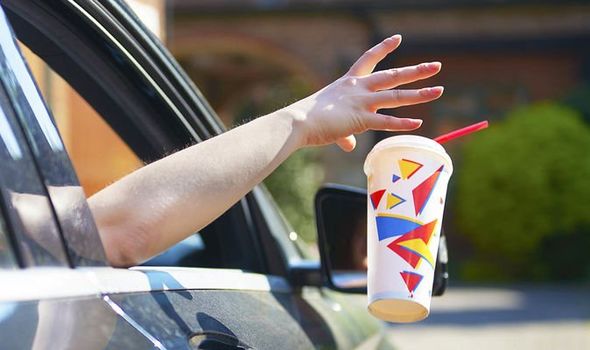Littering is straight forward, there is no need to pretend that it is some sort of complicated legal theory or nuance behind it, so we will spare you the typical long introduction. Instead, in this blog we will just give some specifics about this law in North Carolina.
Like all our blogs, this is intended for general informational purposes only and not intended as a substitute for the advice and counsel of a criminal defense attorney.
The law in North Carolina
Littering is covered under North Carolina General Statute 14-399. Under this statute, “No person, including any firm, organization, private corporation, or governing body, agents or employees of any municipal corporation shall intentionally or recklessly throw, scatter, spill or place or intentionally or recklessly cause to be blown, scattered, spilled, thrown or placed or otherwise dispose of any litter upon any public property or private property not owned by the person within this State or in the waters of this State including any public highway, public park, lake, river, ocean, beach, campground, forestland, recreational area, trailer park, highway, road, street or alley.”
This is straightforward with exceptions that should seem obvious, included by not limited to:
- Where the property is designated by the state or other government agency for the disposal of trash or refuse.
- Placing what would otherwise be litter into a trash/garbage receptacle in a manner which prevents the litter from being blown away or ending up on the ground on any private or public property.
- Also, typically, you will not be charged with this crime for littering on your own private property.
Punishment for littering
Typically, intentional littering is a Class 3 misdemeanor (the lowest level of misdemeanor in North Carolina), and follows the North Carolina Misdemeanor Sentencing guidelines. There are some circumstances however, that make littering a Class I felony and follow the North Carolina Felony Sentencing Guidelines. These circumstances include but are not limited to the following:
- Littering in an amount exceeding 500 pounds of waste
- Littering for commercial purposes
- Littering with regarding to improperly disposing of hazardous waste
Littering while driving
Littering while driving may result in one DMV and one insurance point.
Unintentional Littering
Unintentional littering is an infraction and is punishable by a fine of up to $100 and up to 12 hours of community service.
There are occasions where people end up having a criminal record and they don’t even know it. Certain traffic offenses are one of the ways, and littering is another. A Class 3 misdemeanor is not going to get you in much real trouble but there are still collateral consequences for having a criminal record in general and this is one of the silliest ways to get a criminal record.
If you have been cited, simply paying the ticket is an admission and guilt, and thus a conviction of a crime, so as small as it seems, you may want to hire an attorney.

